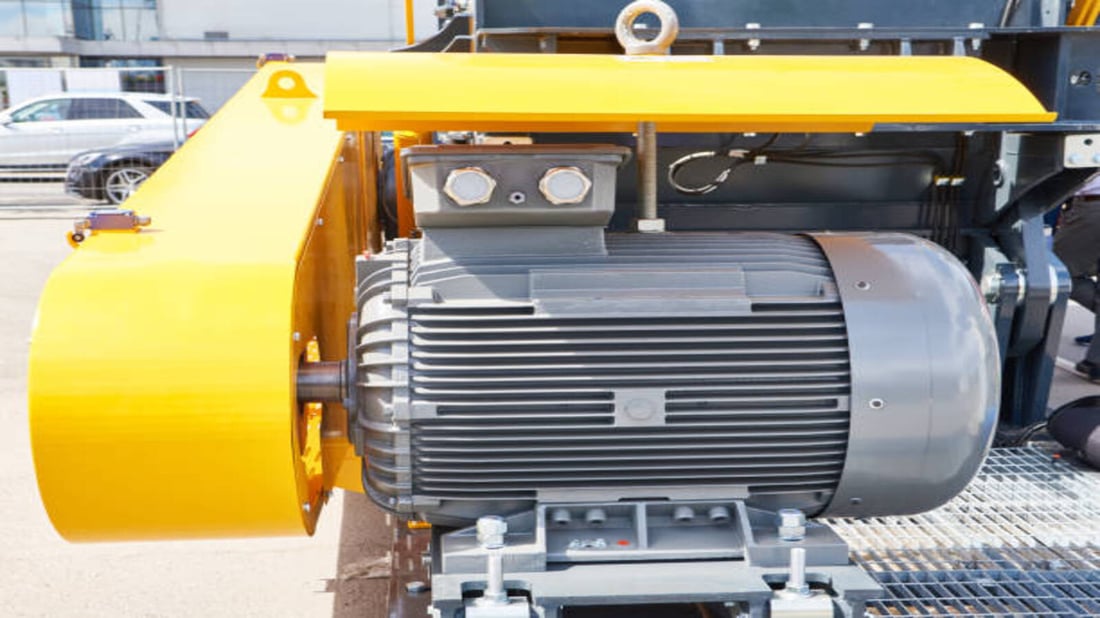Introduction:
If you're looking for an article on the top issues that you face with your motor bearings and how to maintain them, then you're in the right place. Motor bearings are an essential component of any motor, and they play a vital role in its functioning. From reducing friction to supporting the load, motor bearings help in ensuring the smooth operation of the motor. However, over time, they can succumb to wear and tear, and if not properly maintained, can cause significant problems to your motor's operation. In this article, we'll discuss some of the most common issues that motor bearings face and how you can maintain them to avoid any adverse effects on your motor.
1. Lubrications:
One of the most common reasons for motor bearing failures is a lack of lubrication. This can cause the bearings to heat up, leading to accelerated wear and tear. It's essential to regularly lubricate your motor bearings with a suitable lubricant. Ideally, you should use a high-quality lubricant that is recommended by the manufacturer. You should also check the lubrication levels regularly to ensure that the bearings are adequately lubricated.
2. Contamination:
Another issue that motor bearings frequently face is contamination. Dust, debris, and other foreign particles can make their way into the bearings and cause them to malfunction. To avoid this, you should regularly clean the motor and its surroundings. You should also ensure that the bearings are adequately sealed to prevent any contaminants from entering them.
3. Overloading:
Motor bearings are designed to support a specific load. If the load exceeds the bearing's capacity, it can cause them to fail. Overloading is a common issue that you should be aware of, and take steps to avoid. It's essential to ensure that your motor is operating well within its capacity.
4. Misalignment:
Motor bearings are designed to work when they're properly aligned. If they're not correctly aligned, this can lead to uneven weight distribution and accelerated wear and tear. You should regularly check the alignment of your motor bearings and make any necessary adjustments to ensure that they're correctly aligned.
5. Vibration:
Vibrations can cause significant problems for motor bearings. Over time, vibrations can cause the bearings to wear down, leading to motor failure. To avoid this, you should regularly inspect the motor for any signs of vibration and take steps to minimize any excess vibration.
6. Overheating:
Overheating is another common issue that can cause motor bearings to fail. This can occur due to a variety of reasons, such as excessive friction, lack of lubrication, and overload. It's essential to regularly check the motor's temperature and take steps to prevent any overheating.
7. Age:
Motor bearings, like any other component, have a lifespan. Over time, they can degrade and eventually fail. It's essential to keep track of your motor bearings' age and replace them before they fail.
8. Maintenance:
Maintaining your motor bearings is crucial to ensure their longevity and functionality. Regularly inspect the motor bearings for any signs of wear and tear, lubricate them regularly, and clean the motor and its surroundings. If you notice anything unusual, seek professional help to avoid any potential issues.
9. Replacement:
If your motor bearings are becoming worn or damaged, it's essential to replace them promptly. Delaying replacement can cause significant problems to your motor's operation, potentially leading to more extensive repairs and increased costs. Always replace your motor bearings with high-quality replacements that are recommended by the manufacturer.
10. Professional Assistance:
If you're unsure about how to maintain or repair your motor bearings, seek professional assistance. A professional technician can help you identify any potential issues and take steps to correct them. They can also recommend suitable replacements and help you with any necessary repairs.

